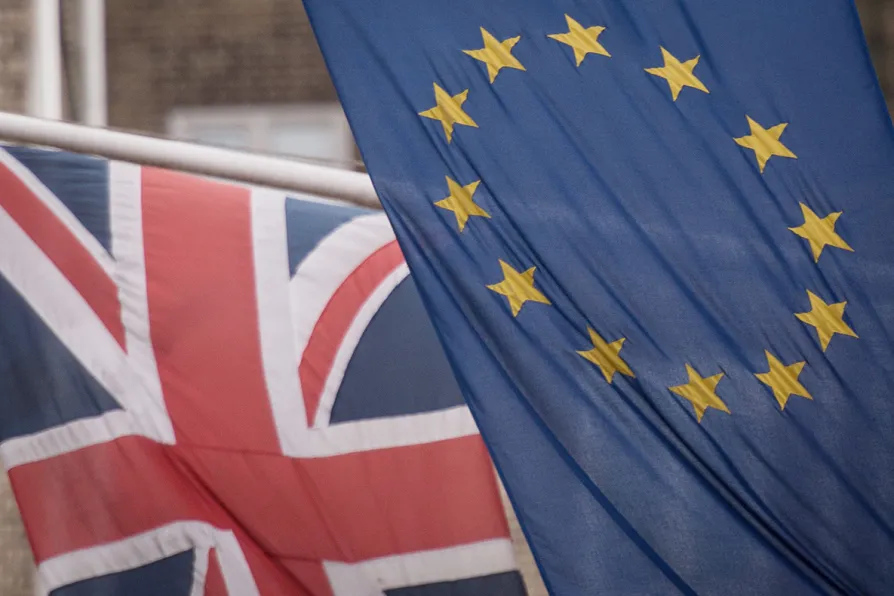

THE issue of a “level playing field” currently remains the most difficult sticking point in negotiations between Britain and the European Union, the government said today.
Answering Labour’s urgent question on the negotiations, Paymaster General Penny Mordaunt said that Britain would be prepared to leave the EU on “Australian-style terms” — similar to a no-deal scenario — when the transition period ends in just over three weeks.
The bulk of EU-Australia trade is currently done according to World Trade Organisation (WTO) rules.

US tariffs have had Von der Leyen bowing in submission, while comments from the former European Central Bank leader call for more European political integration and less individual state sovereignty. All this adds up to more pain and austerity ahead, argues NICK WRIGHT

DONG XUE explains why US tariffs hold no significant threat to China












